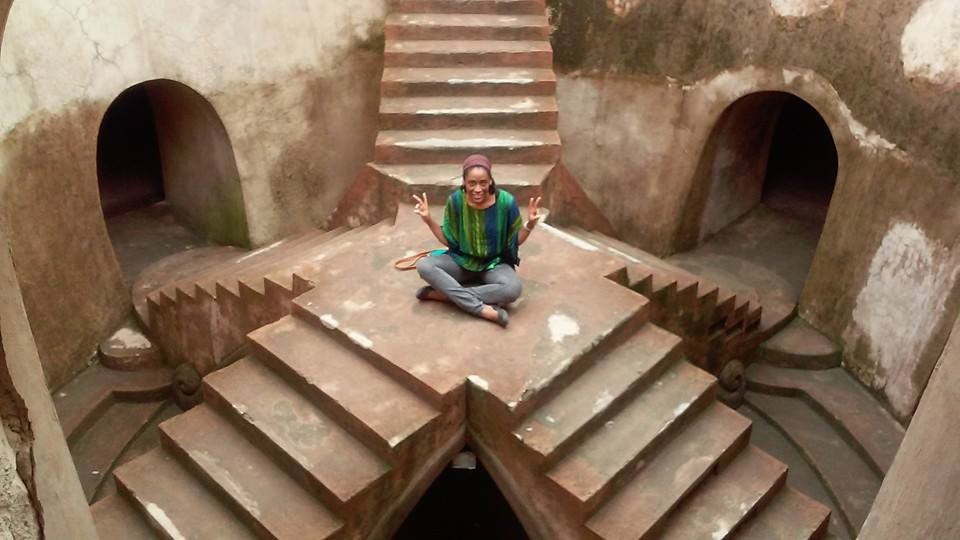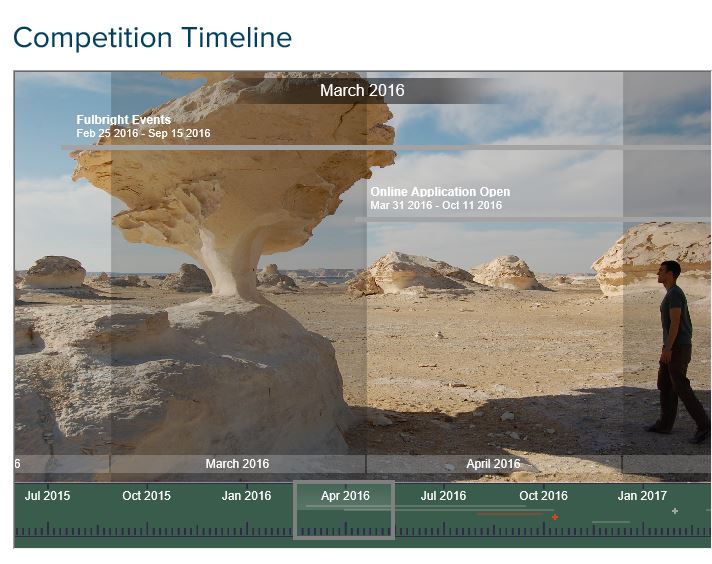Katie was a 2008-2009 Fulbright-mtvU Fellow to Mexico. She currently lives and plays music in Chicago, while pursuing a PhD in Media, Technology, and Society at Northwestern University.
Have Hobbies. Will Travel.
Two years have passed since my Fulbright-mtvU project wrapped up in Mexico. Today, I’m thrilled to be jumping back on the blogging bandwagon as a Fulbright Alumni Ambassador. Here, I won’t be talking (much) about Mexican music, but I will be trying to translate my experiences into news you can use for your own Fulbright goals.
As an alumni ambassador, I chat with a lot of prospective applicants about my Fulbright year. The best part of this gig is watching students’ surprised looks when I share the details of my project. Quite often, people can’t believe I played in a mariachi band and called that research. To tell you the truth, sometimes I can’t either.
Most people know that Fulbright grants allow people to carry out scholarly work abroad. Few, though, are aware of just how crazy-fun that can be. Hobbies and personal interests, it turns out, are a big factor in the success of Fulbright projects around the world. Yet too often, they go unmentioned in applicants’ essays.
Ever wonder why the application guidelines talk about “Community Engagement”? This criterion exists to ensure that grantees don’t go abroad just to work, but also to meet and connect with people, share ideas and snacks, and generally have a good time. Here, your hobbies are huge assets. Whether it’s rock climbing, hula-hooping, or something work-related but social in nature, consider how it might lead to new friendships abroad. Remember that your personal interests, like your research, can serve as bridges for building mutual understanding, Fulbright’s main goal.
Now, the case of the Fulbright-mtvU may be something of a freebie – most applicants for this music-focused grant are already huge fans of the phenomenon they’re proposing to study, so drawing a connection between research and Community Engagement is often fairly straightforward. In my project, for instance, it was my passion for folk music that powered my research, and vice-versa. I sang in a choir, interviewed indie rock musicians, and attended Mexico’s equivalent of country music camp. Other grantees whose projects are less fieldwork-oriented, however, may draw from their interests in different ways. Soccer tournaments become an avenue for meeting people outside the lab. Poetry slams provide a welcome change-up from studying manuscripts in archives.
Fulbrighters carry out international research through a dynamic mix of academic training and personal passions. So when you’re designing your dream project, don’t leave out your hobbies. Instead, ask how they might become a resource for connecting you—and your work—to the people around you when you travel abroad.
Katie (with guitar) and the student Mariachi ensemble of La Casa de la Música Mexicana in Mexico City





No Comments